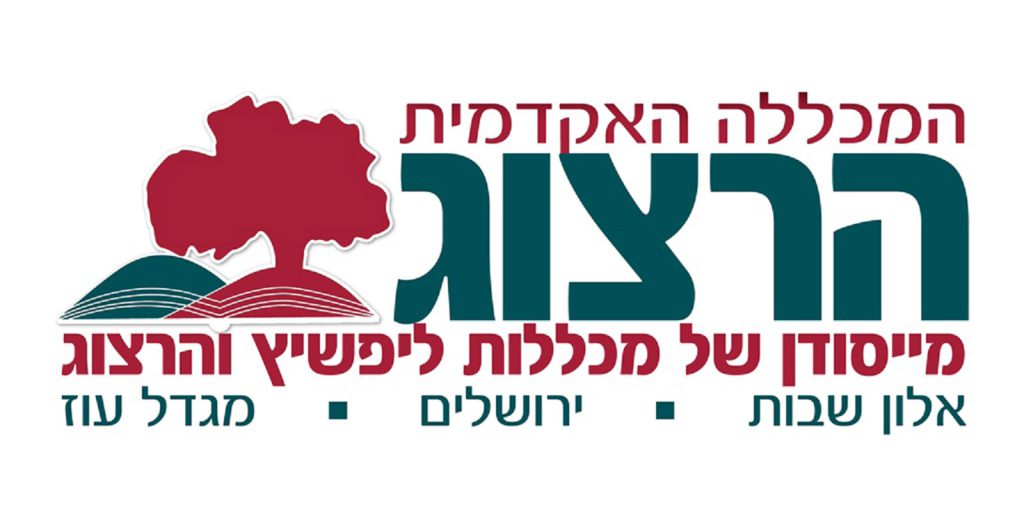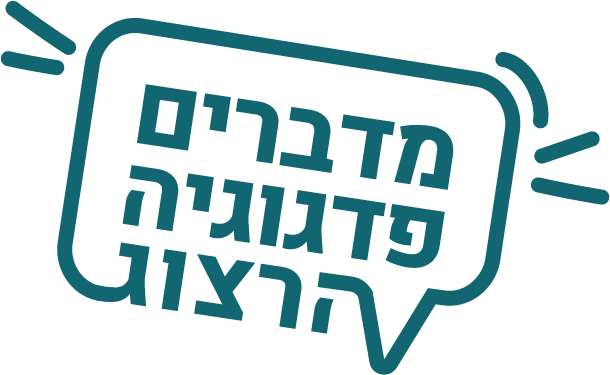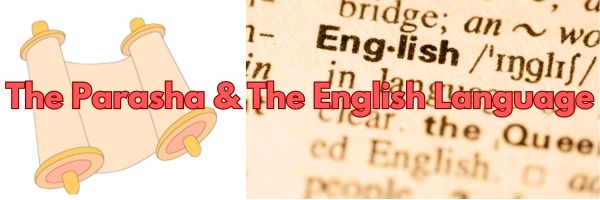In Parashat Miketz, Joseph interprets Pharaoh’s dreams, foreseeing a catastrophic famine that could devastate Egypt and the surrounding regions. He warns of a macabre future if no immediate action is taken to save the country. The word macabre evokes themes of death, darkness, or grim occurrences. Parashat Miketz is usually read during Hanukah which has an interesting connection with the word “macabre”.
Hannucah is tied to the Maccabees. The term “macabre” likely comes from Medieval plays about the Maccabees, the Jewish heroes who fought – and were victorious against the Greeks. Called Chorea Maccabaeorum – “dance of the Maccabees” – in Latin, these plays were often bloody and featured the martyrdom of Maccabee fighters. The plays’ name evolved to Danse Macabe in French. In time, the name evolved to Dance Macabre, and the meaning to “dance of death”.
But just like Joseph’s swift actions saved Egypt from death’s hands, so too did the Maccabee’s fight save the Jewish people and state from the Hellenist influence and Greek conquest. Nothing macabre about the Maccabees for us!


